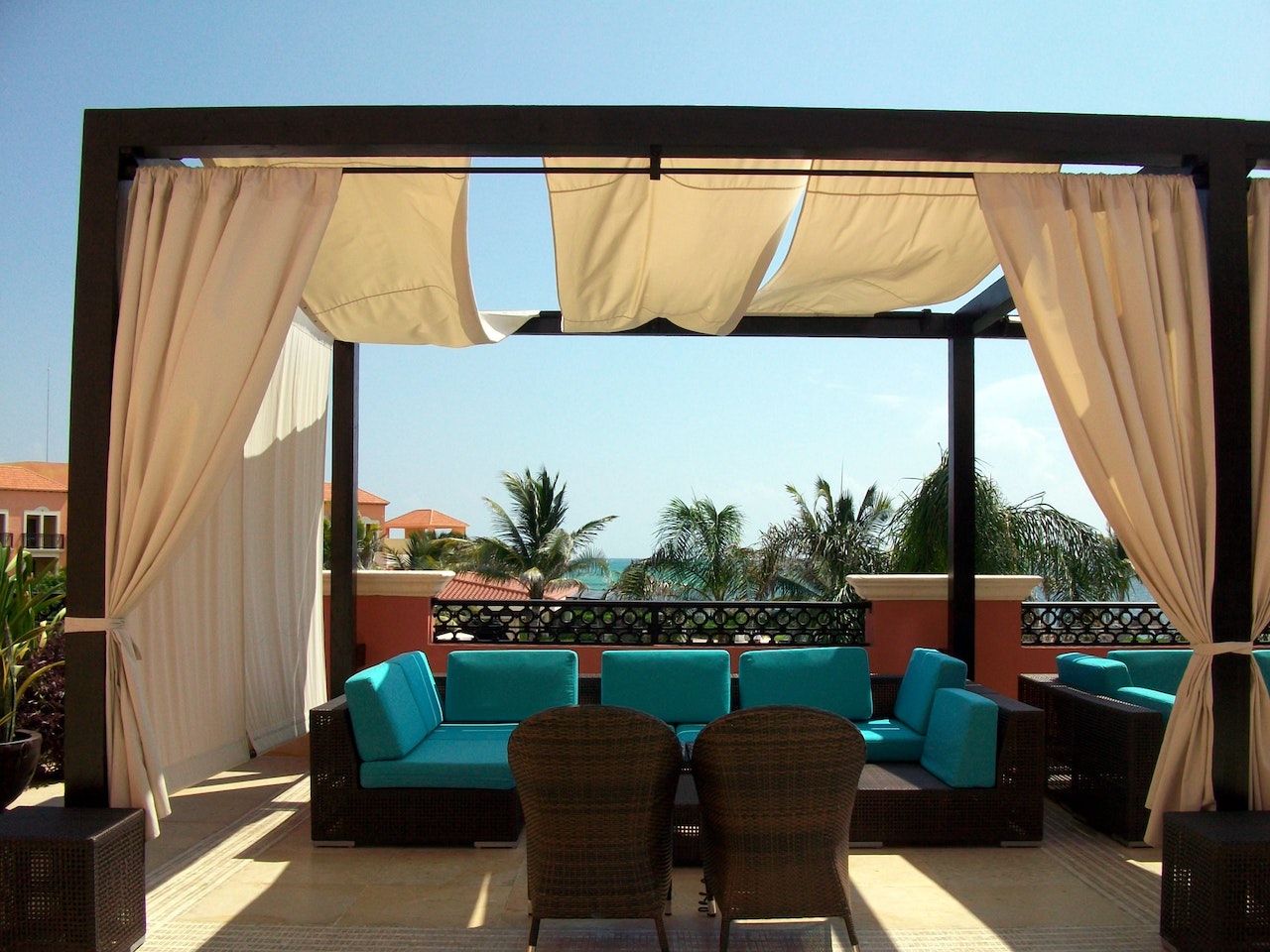
Although the warm weather of summer is great for enjoying the outdoors, it can also be uncomfortable. Several upgrades may be made to a house to make it more livable in hotter climates, and these renovations enhance the quality of your life in the house and its market worth.
Here are eight easy ways to prepare your house for the scorching summer months.
Implement Green Practices
Energy efficiency and sustainability benefit your home. Add LED lighting, low-flow shower heads, faucets, and solar panels to save money. Greener home upkeep techniques save money and the environment.
Energy-Saving Gadgets
New, energy-efficient appliances are one of the best methods to lower power rates. Purchase only certified appliances which satisfy the EPA’s strict energy efficiency criteria.
Low-Flow Faucets and Showerheads Conserve Water
Low-flow showerheads and faucets may save water and energy costs. In dry areas, they may help save water.
Consider Rooftop Solar Panels
Solar panels reduce fossil fuel usage, and they may increase your home’s value and lower your energy bills. Select a trustworthy local solar panel installer and examine financing options.
8 Eco-Friendly Summer Cooling Ideas
Insulate your House
It’s wise to invest in insulation if you want to avoid overheating your home in the summer. When you insulate your home’s walls, attic, and basement, you stop cold air from departing and warm air from entering. Insulating your house might help you save money on heating, cooling, and energy bills.
Put in an Attic Fan
The warmth that enters your home via the attic may be reduced by installing an attic fan. Cooler air from the outside is sucked in while the attic fan expels the heated air. Your heating and cooling system will have less work to do, and your bills will go down.
Ceiling Fans
Ceiling fans cool the home in summer, and they produce cooling breezes. Ceiling fans are cheaper and more environmentally friendly than air conditioners and heaters.
Replace Old Glass
Windows allow unnecessary heat in summer. New energy-efficient glass panels cut cooling expenses and increase comfort. Low-E coatings on windows reflect sunlight and lower indoor temperatures. They may help keep the sun’s UV rays out, which degrade furniture and carpets.
Fill Up the Cracks that Let Air Escape
Are you having trouble keeping your house cool? Check for air leaks. It is possible to reduce the amount of cold air that escapes via cracks in your house’s windows, doors, and other openings by sealing these areas. Sealing these gaps may be done using caulking or weatherstripping.
Install Shade Screens
You may keep the heat out of your house by closing the blinds, shades, or drapes throughout the day—shades for your windows or a pergola for your outside space. In the heat of summer, a pergola may shield you from the sun while allowing you to relax in the fresh air.
Increase Your Insulation
You may want to consider upgrading your insulation during the hot summer months. Insulation in the attic may stop heat from entering the house, while insulation in the walls can keep it from fleeing. Increasing your home’s insulation is another great way to boost its energy efficiency and save on HVAC and utility costs.
Plant some Trees
Trees are an eco-friendly method of creating shade and reducing indoor temperature. Suppose you want to lessen the heat your house absorbs from the sun; planting trees on the south and west sides may help. Your home’s curb appeal and value may both benefit from tree planting.
Avoid Summer Cooling Costs
These home improvements can save summer energy expenditures. These summer-friendly suggestions can help you save money on utilities without sacrificing comfort.
Plan Summer Repairs
Create a checklist to prepare your home for summer. Maintenance may include:
- Cleaning gutters.
- Connecting with an HVAC Arizona specialist
- Checking for air leaks.
- Testing smoke and CO alarms.
Monitor Energy Utilization
Keep track of your summer energy consumption to identify areas for savings. Smart thermostats, energy monitoring apps, and utility provider technologies may help you track and reduce energy consumption.
Energy-Saving Habits
Save energy to lower your power cost and keep cool this summer. Cooking outdoors, adding ceiling fans, preparing fewer meals, and altering the thermostat while you’re gone may minimize heat in your house. Even little changes to your routine might affect energy usage and comfort.
Conclusion
You may keep your house cool in the summer by insulating it, installing a programmable thermostat, adding ceiling fans, updating your windows, sealing air leaks, putting a shade, improving your insulation, and planting trees.
Making these changes to your house will make it more comfortable throughout the warm summer months.


